Is Croatia Good for Dentistry?

Welcome to your ultimate guide on dental treatment in Croatia! If you've been exploring options for top-tier dental work that won't break the bank, you're in the right place. Croatia has rapidly emerged as a premier destination for dental tourism, attracting patients from all over the globe. This beautiful country, known for its stunning Adriatic coastline and historic cities, is also home to a thriving dental industry. Here, you can receive world-class treatments from highly skilled professionals using the latest technology, all while saving a significant amount of money compared to costs in the UK, US, and other Western European nations.
Many people are discovering that they don't have to choose between a relaxing holiday and getting essential dental work done; dental tourism in Croatia allows you to do both. The country has invested significantly in its healthcare infrastructure, with a particular focus on creating a welcoming environment for international patients. Clinics are often multilingual, with staff fluent in English, Italian, and German, making communication seamless. This commitment to excellence, paired with the chance to recover in a beautiful Mediterranean setting, makes Croatia an incredibly attractive option for anyone seeking high-quality, affordable dental care.
Is Croatia a Good Destination for Dental Tourism?
Croatia has quickly become a leading choice for individuals seeking dental care abroad. This rise in popularity isn't just a coincidence; it's a result of several compelling factors that make it an appealing option for dental tourists worldwide. The country offers a unique blend of rich cultural heritage, stunning landscapes, and pristine beaches, which allows patients to combine their necessary dental procedures with a relaxing and memorable getaway. This "dental holiday" concept is a significant draw, making the entire experience less daunting and more enjoyable.
Beyond the scenic beauty, the core appeal lies in the quality and cost-effectiveness of its dental services. Croatian dental clinics are equipped with state-of-the-art technology, including 3D scanning, panoramic X-rays, and CAD/CAM (computer-aided design/computer-aided manufacture) systems, ensuring accurate diagnoses and precise treatments. Dentists in Croatia are highly qualified, often undertaking ongoing training both domestically and internationally to stay abreast of the latest techniques. They must be members of the Croatian Dental Chamber to practice, ensuring a regulated and professional environment. Furthermore, the significant cost savings, often up to 70% compared to Western countries, do not come at the expense of quality, making it a smart financial decision for many.
How Much Do Dental Treatments Cost in Croatia?
The primary driver for most dental tourists is the potential for substantial savings, and Croatia delivers impressive results. The lower cost of living, reduced operational expenses for clinics, and a different fee structure allow Croatian dentists to offer their services at a fraction of the price you would pay at home. For instance, a single dental implant that might cost $3,000 to $4,000 in the US could be completed for as little as $500 to $1,500 in Croatia, without any compromise on the quality of materials or the expertise of the dental team.
For more extensive treatments, the savings are even more pronounced. Procedures like "All-on-4" or "All-on-6" dental implants, which replace a full arch of teeth, can cost upwards of $20,000 to $25,000 per arch in the US. In Croatia, the same procedure often falls in the range of $5,500 to $10,000. This makes complex dental work accessible to a wider range of patients who might otherwise defer treatment due to high costs in their home countries. Here’s a general overview of typical cost ranges for popular procedures:
- Single Dental Implant: $500 - $1,500
- All-on-4 Dental Implants (per arch): $5,500 - $10,000
- Dental Crown (Porcelain Fused to Metal): $200 - $350
- Zirconium Crown: $300 - $500
- Dental Veneer (Porcelain): $350 - $600
- Teeth Whitening: $250 - $400
- Dental Filling: $50 - $100
These prices include the procedure itself and often the materials, but it's always advisable to get a detailed quote from the clinic that outlines all inclusions and exclusions.
What is the Quality of Dental Care in Croatia?
When considering dental treatment abroad, the quality of care is a perfectly valid concern. Croatia's dental professionals meet the highest international standards. Dental education in Croatia is comprehensive, and upon graduation, dentists must register with the Croatian Dental Chamber (CDC) to practice. Many Croatian dentists also pursue further specializations and training abroad, particularly in countries like Germany, the UK, and the US, bringing back advanced techniques and expertise.
Clinics in Croatia are modern and well-equipped, often featuring the latest dental technology. This includes:
- 3D CBCT Scanners: For detailed, three-dimensional views of jawbone, nerves, and sinuses, crucial for precise implant placement.
- CAD/CAM Technology: Allows for the design, milling, and fitting of ceramic crowns, veneers, and inlays in a single visit, reducing appointment times.
- Intraoral Scanners: Create highly accurate 3D models of teeth, replacing traditional, messy impression materials.
- Dental Lasers: Used for various procedures, including gum contouring and treating gum disease, often with less pain and faster healing.
Furthermore, strict hygiene and sterilization protocols are rigorously followed. Clinics adhere to EU health regulations, employing practices such as autoclave sterilization for all reusable instruments, thorough surface disinfection between patients, and the extensive use of disposables to prevent cross-contamination. This commitment to excellence ensures a safe and effective treatment environment.
Are Dental Implants in Croatia Safe?
The safety of dental implants in Croatia is a key consideration for international patients. As a member of the European Union, Croatia's dental clinics are subject to and comply with rigorous EU health and safety directives. This means that the standards of care, hygiene, and equipment are comparable to those found in other highly regulated European countries. Clinics often use globally recognized and premium implant brands, such as Nobel Biocare, Straumann, and BEGO, which are known for their high success rates and long-term durability. These are the same brands used in leading dental practices worldwide.
Beyond regulatory compliance and material quality, the expertise of the dental professionals plays a crucial role in safety. Croatian implantologists are highly trained, many with extensive experience and specialized education in implantology. They utilize advanced diagnostic tools like 3D CBCT scans to meticulously plan each implant placement, minimizing risks and ensuring optimal outcomes. Patient testimonials frequently highlight the professionalism and gentle approach of Croatian dentists, contributing to a sense of security and trust during the procedure. While any surgical procedure carries inherent risks, these are significantly mitigated by the high standards of practice found in Croatia.
What Popular Dental Procedures Can I Get in Croatia?
Croatian dental clinics are comprehensive, offering a full spectrum of dental services to meet diverse patient needs. Whether you require restorative, cosmetic, or general dentistry, you'll likely find a suitable solution. The most sought-after procedures by international patients typically include:
- Dental Implants: This is arguably the most popular procedure, ranging from single tooth implants to full-arch restorations like All-on-4, All-on-6, and All-on-8 systems. These offer a permanent solution for missing teeth.
- Dental Crowns and Bridges: Used to restore damaged teeth or replace missing ones. Options include porcelain-fused-to-metal, full ceramic (E-max), and zirconium crowns, known for their strength and aesthetic appeal.
- Dental Veneers: Thin, custom-made shells designed to cover the front surface of teeth to improve appearance, correcting issues like discoloration, chips, or minor misalignments. Porcelain veneers are highly popular.
- Root Canal Treatments: Procedures to treat infected tooth pulp, saving the natural tooth.
- Teeth Whitening: Professional in-office whitening treatments, often using advanced systems like Philips Zoom, to brighten smiles significantly.
- General Dentistry: Includes fillings, extractions, deep cleaning, and preventative care.
- Oral Surgery: Procedures like wisdom tooth extraction, bone grafting (for patients with insufficient jawbone for implants), and sinus lifts.
- Orthodontics: While less common for short dental tourism trips, some clinics offer traditional braces or clear aligners like Invisalign for longer stays or phased treatments.
Many clinics specialize in complex cases, making them a viable option for patients needing extensive dental rehabilitation.
What Should I Expect During a Dental Implant Consultation in Croatia?
The initial consultation is a crucial step in your dental treatment journey in Croatia. Most reputable clinics offer a comprehensive first visit designed to accurately assess your dental health and propose the best course of action. Here's what you can typically expect:
- Clinical Examination: The dentist will perform a thorough visual inspection of your mouth, teeth, and gums.
- Diagnostic Imaging: This is a key part of the assessment. You will undergo digital panoramic X-rays, which provide a broad view of your entire mouth. For dental implants, a 3D Cone Beam Computed Tomography (CBCT) scan is almost always performed. This advanced imaging provides a detailed, three-dimensional view of your jawbone, nerve pathways, and sinus cavities, allowing the implantologist to precisely plan the implant placement, ensuring safety and optimal results.
- Discussion of Medical History: You will be asked about your general health, medical conditions, and any medications you are taking, as these can impact the treatment plan.
- Treatment Plan Presentation: Based on the examination and scans, the dentist will present a personalized treatment plan. This will include:
- The recommended procedures.
- The type of materials and implant brands to be used.
- A clear, step-by-step outline of the treatment process.
- The estimated number of visits and the overall timeline.
- Cost Estimate: You will receive a detailed quote outlining all costs associated with your treatment. Reputable clinics are transparent about pricing, with no hidden fees.
- Q&A Session: This is your opportunity to ask any questions you have about the procedure, recovery, or logistics. English-speaking staff are readily available to ensure clear communication.
Many clinics offer free initial consultations or include the cost in their treatment packages, making it easy to get a professional opinion without immediate financial commitment.
What are the Risks Associated with Dental Implants?
Like any surgical procedure, dental implant placement carries some potential risks, though they are generally low, especially when performed by experienced professionals in modern clinics. It's important to be aware of these possibilities:
- Infection at the Implant Site: Although rare, bacteria can sometimes infect the area around the implant during or after surgery. This risk is minimized by strict hygiene protocols in clinics and proper post-operative care by the patient.
- Nerve Damage: In very rare cases, the implant might be placed too close to a nerve, leading to numbness, tingling, or pain in the natural teeth, gums, lips, or chin. This risk is significantly reduced by thorough pre-operative planning using 3D imaging (CBCT scans) to precisely map nerve locations.
- Sinus Problems: For implants placed in the upper jaw, especially in the back, there's a slight risk of the implant protruding into one of the sinus cavities. A sinus lift procedure is often performed beforehand to prevent this by adding bone to the sinus floor.
- Implant Failure (Lack of Osseointegration): This occurs when the implant doesn't properly fuse with the jawbone. Factors contributing to failure can include poor bone quality, smoking, certain medical conditions (like uncontrolled diabetes), or insufficient healing time. While success rates are very high (over 95%), failure can necessitate removal of the implant and further treatment.
- Damage to Surrounding Structures: There's a minimal risk of damage to adjacent natural teeth or blood vessels during the drilling process, again mitigated by precise planning.
- Anesthesia Complications: As with any procedure involving anesthesia, there are risks, though serious complications are extremely rare.
Reputable Croatian clinics prioritize patient safety and will discuss these potential risks with you during your consultation, along with measures taken to prevent them. They also provide comprehensive aftercare instructions to promote proper healing and minimize complications.
How Long Does Dental Treatment Take in Croatia?
The time commitment for dental treatment in Croatia depends heavily on the type and complexity of the procedures you undergo. Here’s a general breakdown:
- Single-Visit Procedures (1-3 days):
- Fillings, Professional Cleaning, Teeth Whitening: Can often be completed in a single appointment or over 1-2 days.
- Single Crowns or Veneers (with CAD/CAM): If the clinic utilizes advanced CAD/CAM technology, a single crown or veneer can sometimes be designed, milled, and fitted in one visit, allowing for completion within 1-3 days.
- Multi-Visit Procedures (3-7 days per trip):
- Multiple Crowns, Bridges, or Extensive Restorations: These typically require several appointments over 3-7 days. The first visit involves preparation and impressions, while subsequent visits are for fitting and final adjustments.
- Dental Implants: This is usually a two-phase process.
- First Trip (3-7 days): Involves the initial consultation, diagnostics (X-rays, CBCT), implant placement surgery, and possibly temporary restorations.
- Healing Period (3-6 months): A crucial time for osseointegration, where the implant fuses with the jawbone. Patients return home during this period.
- Second Trip (3-7 days): After healing, the patient returns for the placement of the abutment (connector) and the final crown, bridge, or denture.
- All-on-4/6/8 Implants: Similar to single implants, these often involve two trips. The first trip is for implant placement and temporary bridge fitting, followed by a healing period, and then a second trip for the final prosthetic.
Many clinics are experienced in accommodating international patients with limited time, often scheduling appointments efficiently to minimize your stay. It's always best to discuss the exact timeline with your chosen clinic beforehand.
How Does Dental Treatment in Croatia Compare to Other Countries like Hungary or Turkey?
Croatia has emerged as a significant player in the dental tourism market, often compared to long-standing destinations like Hungary (particularly Budapest) and Turkey (especially Istanbul). While all three offer substantial cost savings compared to Western Europe and North America, there are distinct differences:
- Quality and Regulation:
- Croatia & Hungary: Both are EU members, meaning their dental clinics adhere to strict European Union health and safety regulations. This provides a strong assurance of quality control, sterilization protocols, and material standards. Dentists in both countries are highly trained and often have international experience.
- Turkey: While many Turkish clinics offer high quality, the regulatory environment is different as Turkey is not an EU member. This can lead to more variability in standards between clinics, though many reputable clinics maintain excellent international accreditations.
- Cost:
- Turkey: Often the cheapest option, particularly for extensive work, due to lower operating costs and favorable exchange rates.
- Croatia & Hungary: Offer very competitive prices, typically 50-70% less than Western countries. While slightly higher than Turkey for some procedures, the difference is often marginal, especially when considering the perceived consistency in EU-standard quality.
- Patient Experience & Transparency:
- Croatia: Many patients report a more relaxed and transparent approach in Croatian clinics, with less perceived pressure for unnecessary treatments. Communication is generally excellent, with English widely spoken.
- Hungary: Similar to Croatia, Hungarian clinics are known for their professionalism and clear communication.
- Turkey: Some patients have reported aggressive marketing or upselling tactics in certain clinics, though this is not universal.
- Tourism Appeal:
- Croatia: Offers a unique blend of dental care with a stunning Mediterranean holiday, featuring beautiful coastlines, islands, and historic cities like Split and Dubrovnik.
- Hungary: Known for its historical charm, thermal baths, and vibrant city life in Budapest, making it an excellent cultural tourism destination.
- Turkey: Offers a rich historical and cultural experience, particularly in Istanbul, bridging Europe and Asia.
Ultimately, the "best" destination depends on individual priorities, but Croatia stands out for its balance of EU-standard quality, significant savings, and an appealing holiday environment.
What Cities in Croatia Are Best for Dental Treatment?
When planning your dental trip to Croatia, several cities stand out as prime locations for receiving high-quality dental care, each offering its own unique appeal:
- Zagreb: As the capital and largest city, Zagreb is a major hub for medical and dental facilities. It boasts a large number of highly advanced dental clinics equipped with the latest technology. Being a central European city, it's easily accessible and offers a rich cultural experience with museums, galleries, and a vibrant urban atmosphere. Many clinics in Zagreb cater specifically to international patients, offering comprehensive services and English-speaking staff.
- Split: Located on the breathtaking Dalmatian coast, Split offers the perfect combination of top-quality dental care and a beautiful Mediterranean holiday. Patients can enjoy world-class dental procedures and then relax by the sea, explore ancient Roman ruins like Diocletian's Palace, or take day trips to nearby islands. Split's popularity as a tourist destination has led to the development of excellent dental clinics accustomed to international visitors.
- Rijeka: Situated on the northern Adriatic coast, Rijeka is another growing dental tourism destination. It offers a good balance of quality clinics and coastal charm, often providing a slightly quieter alternative to the bustling tourist centers.
- Zadar: Also on the Dalmatian coast, Zadar is known for its unique Sea Organ and Sun Salutation installations, alongside its historical sites. It has a developing dental tourism sector, attracting those looking for quality care in a picturesque setting.
Choosing a city often comes down to personal preference for combining your dental treatment with either a city break or a coastal retreat. All these cities offer excellent transport links and a welcoming environment for international visitors.
Are There Dental Treatment Packages Available in Croatia?
To make dental tourism as convenient as possible, many Croatian dental clinics and medical tourism facilitators offer all-inclusive or customizable packages. These packages are designed to streamline the entire process for international patients, taking the stress out of planning and logistics. What's typically included in such packages can vary but often covers:
- Dental Procedure: The core treatment itself, whether it's dental implants, crowns, veneers, or a combination of procedures.
- Initial Consultation & Diagnostics: Often includes the clinical examination, panoramic X-rays, and sometimes 3D CBCT scans.
- Airport Transfers: Pick-up and drop-off services from the nearest international airport to your accommodation and the clinic.
- Accommodation: Many packages include stays in affiliated hotels or private apartments for the duration of your treatment. Some clinics even have their own on-site accommodation.
- Post-Operative Care: Instructions and follow-up appointments during your stay.
- Language Support: Ensuring staff fluent in English (and often German or Italian) are available for clear communication.
While food is usually at your own expense, some premium packages might include certain meals. These packages not only offer convenience but can also lead to further savings by bundling services. It's advisable to inquire about the specifics of each package and compare what different clinics offer to find one that best suits your needs and budget. Clinics are generally transparent about what is included and what might incur additional costs.
What Do Patient Reviews Say About Dental Treatment in Croatia?
The true measure of a dental tourism destination often lies in the experiences of its patients. Reviews and testimonials from individuals who have undergone dental treatment in Croatia consistently highlight a high level of satisfaction. Common themes in positive feedback include:
- Quality of Work: Patients frequently express delight with the aesthetic and functional outcomes of their treatments, particularly for complex procedures like dental implants and cosmetic dentistry. Many note that the results are on par with, or even exceed, what they might have received in their home countries.
- Cost Savings: The financial benefit is a recurring point of praise, with many patients reporting substantial savings that made otherwise unaffordable treatments accessible.
- Professionalism and Expertise: The skill and knowledge of Croatian dentists are highly commended. Patients often feel confident in their dentists' abilities, appreciating their thorough explanations and attention to detail.
- Modern Facilities and Technology: Reviews often mention the clean, modern, and well-equipped clinics, which contributes to a comfortable and reassuring experience.
- Friendly and Accommodating Staff: The welcoming nature of clinic staff, their fluency in English, and their willingness to assist with travel logistics (transfers, accommodation) are frequently highlighted as positive aspects.
- Painless Procedures: Many patients, even those with prior dental anxiety, report surprisingly comfortable and often painless treatment experiences, attributing it to the gentle approach of the dentists and effective anesthesia.
While some reviews for extensive procedures like All-on-4 might mention expected post-operative discomfort or swelling, the overall sentiment is one of gratitude and satisfaction with the final results and the entire experience. These positive testimonials reinforce Croatia's reputation as a reliable and excellent choice for dental tourism.
What is the Process for Getting Dental Work Done in Croatia?
The process is generally straightforward and designed to be as seamless as possible for international patients:
- Initial Inquiry & Remote Consultation:
- Contact Clinics: Start by researching and contacting several Croatian dental clinics or medical tourism agencies.
- Share Information: You'll typically be asked to send recent dental X-rays (panoramic X-ray is usually sufficient for initial assessment), photos of your teeth, and a description of your dental concerns and desired treatments.
- Receive Treatment Plan & Quote: Based on the provided information, the clinic will send you a preliminary treatment plan, estimated cost, and timeline. This is a good time to compare offers.
- Virtual Consultation: Many clinics offer video calls with the dentist to discuss your case in more detail and answer any questions.
- Travel Planning & Booking:
- Confirm Treatment: Once you've chosen a clinic, confirm your treatment plan and schedule your appointments.
- Book Travel & Accommodation: Arrange your flights and accommodation. If you've opted for a package, the clinic or agency may handle transfers and accommodation bookings.
- Visa (if applicable): Check if you need a visa to enter Croatia (EU citizens typically do not).
- First Trip to Croatia (for diagnostics & initial treatment):
- Arrival & Transfer: You'll be met at the airport (if transfers are included) and taken to your accommodation.
- In-Person Consultation & Diagnostics: At the clinic, you'll undergo a thorough examination, including new X-rays and often a 3D CBCT scan, to finalize the treatment plan.
- Treatment Begins: Initial procedures, such as implant placement, tooth extractions, or preparations for crowns/veneers, will be performed. Temporary restorations may be fitted.
- Healing Period (for complex procedures):
- For procedures like dental implants, a healing period of 3-6 months is required for osseointegration. You will return home during this time.
- The clinic will provide detailed aftercare instructions and be available for remote support.
- Second Trip to Croatia (for final restoration, if needed):
- After the healing period, you'll return to Croatia for the placement of your final crowns, bridges, or dentures.
- Final adjustments and checks will be made to ensure comfort and proper fit.
- Post-Treatment Care & Follow-up:
- The clinic will provide guidance on maintaining your new smile.
- Many clinics offer guarantees on their work, and some have partner clinics in your home country for follow-up care, or you can consult your local dentist.
This structured approach ensures that patients receive comprehensive care while also enjoying their visit to Croatia.
Can I Combine Dental Treatment with a Holiday in Croatia?
One of the most attractive aspects of choosing Croatia for dental treatment is the opportunity to combine your necessary dental work with a memorable vacation. Croatia is renowned for its breathtaking natural beauty, from the crystal-clear waters of the Adriatic Sea and its thousands of islands to the dramatic mountains and charming historic towns. This unique blend makes the dental tourism experience feel less like a medical trip and more like a rejuvenating getaway.
Depending on the duration and intensity of your dental appointments, you can easily integrate sightseeing and relaxation into your itinerary. For example:
- If your treatment requires only a few days, you can spend the rest of your time exploring the local attractions, enjoying the beaches, or indulging in Croatian cuisine.
- If you're undergoing a multi-phase treatment like dental implants, the initial trip might involve a few days of appointments, leaving you time to explore before returning home for the healing period. The second trip for the final restoration can also be combined with leisure activities.
Popular activities include exploring the ancient city walls of Dubrovnik, wandering through Diocletian's Palace in Split, island hopping in the Dalmatian archipelago, visiting the Plitvice Lakes National Park, or enjoying the vibrant café culture in Zagreb. Many clinics are strategically located in or near popular tourist areas, and some even offer assistance with organizing excursions, making it incredibly easy to blend your dental care with an unforgettable holiday experience.
Are Croatian Dentists English-Speaking?
Language can be a significant barrier when seeking medical treatment abroad, but in Croatia, this is generally not an issue for dental tourists. Clinics that cater to an international clientele understand the importance of clear communication. Therefore, a large percentage of dentists, dental assistants, and administrative staff in these clinics are fluent in English. Many have received part of their education or professional training abroad in English-speaking countries, further enhancing their linguistic capabilities.
Beyond English, it's also common to find staff who speak other major European languages, such as German and Italian, particularly in regions closer to those borders. This multilingual capability ensures that patients can comfortably discuss their medical history, understand their diagnosis, ask questions about their treatment plan, and receive comprehensive aftercare instructions without any misunderstandings. This ease of communication contributes significantly to patient comfort and trust, making the entire experience smoother and more reassuring.
What Guarantees or Warranties Do Croatian Dental Clinics Offer?
To instill confidence in international patients, many leading Croatian dental clinics provide guarantees or warranties on the dental work they perform. The specifics of these warranties can vary between clinics and for different types of procedures, but they generally cover potential issues related to the quality of materials or workmanship. For instance:
- Dental Implants: It's common for clinics to offer a lifetime warranty on the mechanical part of the dental implant itself (the titanium screw that integrates with the bone). This typically covers manufacturing defects or material failure.
- Prosthetic Work (Crowns, Bridges, Veneers): Warranties for these restorations usually range from 1 to 5 years. This covers issues like chipping, cracking, or detachment due to material or fabrication flaws, provided proper oral hygiene and care instructions are followed.
- General Work (Fillings): Shorter warranties, typically 1-2 years, might be offered for fillings.
It's crucial to clarify the exact terms and conditions of any warranty with your chosen clinic before starting treatment. This includes understanding:
- What specific issues are covered.
- The duration of the warranty.
- What actions might void the warranty (e.g., poor oral hygiene, not attending follow-up appointments, trauma).
- The process for claiming a warranty if an issue arises (e.g., whether you need to return to Croatia or if a local partner clinic can assist).
These warranties demonstrate the clinics' confidence in their work and commitment to patient satisfaction, adding an extra layer of reassurance for those traveling for dental care.
What are the Aftercare and Follow-up Procedures?
Proper aftercare is essential for the success and longevity of any dental treatment, especially for surgical procedures like dental implants. Croatian clinics are diligent in providing comprehensive aftercare instructions to their international patients. This typically includes:
- Oral Hygiene Guidance: Detailed instructions on how to clean the treated area, brush, and floss, often with recommendations for specific oral hygiene products.
- Dietary Advice: Guidance on what to eat and avoid, particularly after surgery, to prevent irritation and promote healing.
- Medication Prescriptions: Prescriptions for pain relief, antibiotics, or anti-inflammatory medications as needed.
- Activity Restrictions: Advice on avoiding strenuous activities for a certain period.
- Warning Signs: Information on what symptoms (e.g., excessive swelling, persistent pain, fever) might indicate a complication and when to contact the clinic.
For follow-up, especially for procedures requiring a healing period, clinics maintain communication with patients remotely. They are usually available via phone or email to answer questions and address concerns. While returning to Croatia for routine check-ups might not be practical for all patients, you can typically arrange for your local dentist to perform follow-up examinations and communicate with the Croatian clinic if necessary. Some larger clinics may even have partnerships with dentists in other countries to facilitate local follow-up care. This ensures that even after you return home, you have support for your continued oral health.
Is Croatia Safe for Dental Tourists?
Safety is a paramount concern for anyone traveling abroad, especially for medical purposes. Croatia has a strong reputation as a safe and welcoming destination for tourists. The overall crime rate is low, and violent crime is rare, even in major cities and popular tourist areas. This means you can feel secure traveling to and from your appointments, exploring the cities, and enjoying the country's natural beauty during your stay.
Beyond general safety, the medical environment in Croatia also adheres to high standards. As an EU member state, its healthcare system, including private dental clinics, operates under European Union regulations and oversight. This ensures that clinics maintain strict hygiene protocols, use certified materials, and employ qualified professionals. Reputable clinics are transparent about their practices and patient safety measures. Many dental tourists report feeling very secure and well-cared for throughout their treatment journey in Croatia, contributing to its growing popularity as a reliable dental tourism destination.
Ready to discover your perfect smile in a beautiful setting? Explore PlacidWay for comprehensive solutions related to medical tourism and healthcare services in Croatia and beyond.


.png)



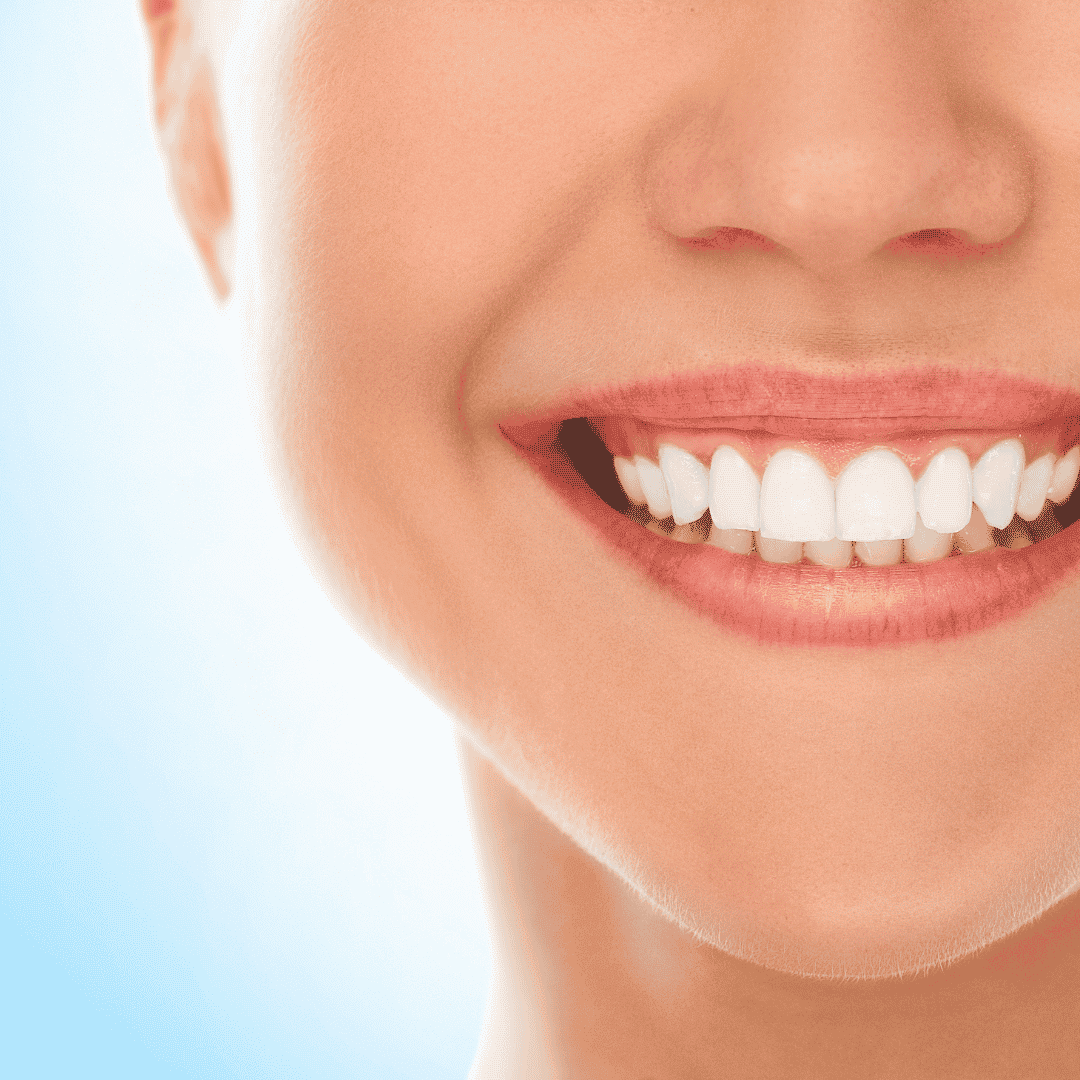



.png)
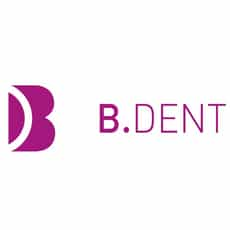
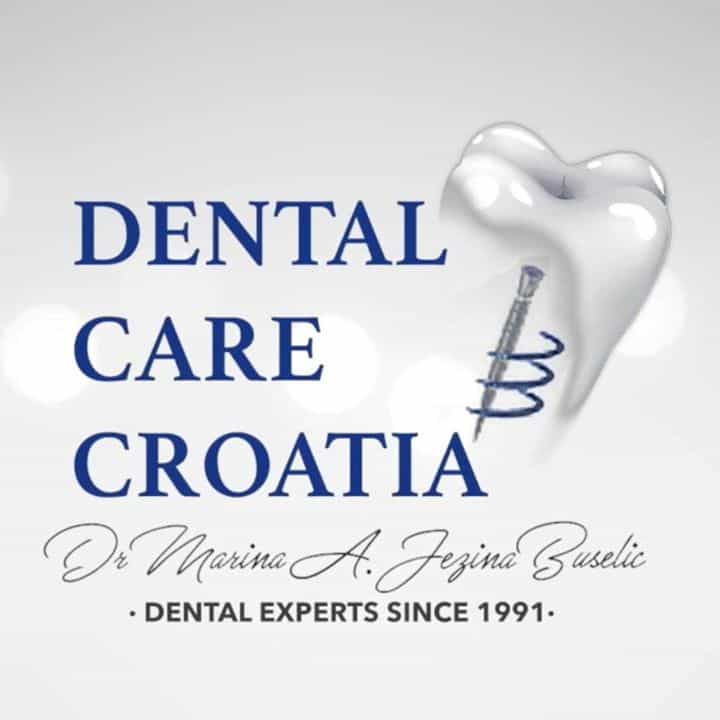
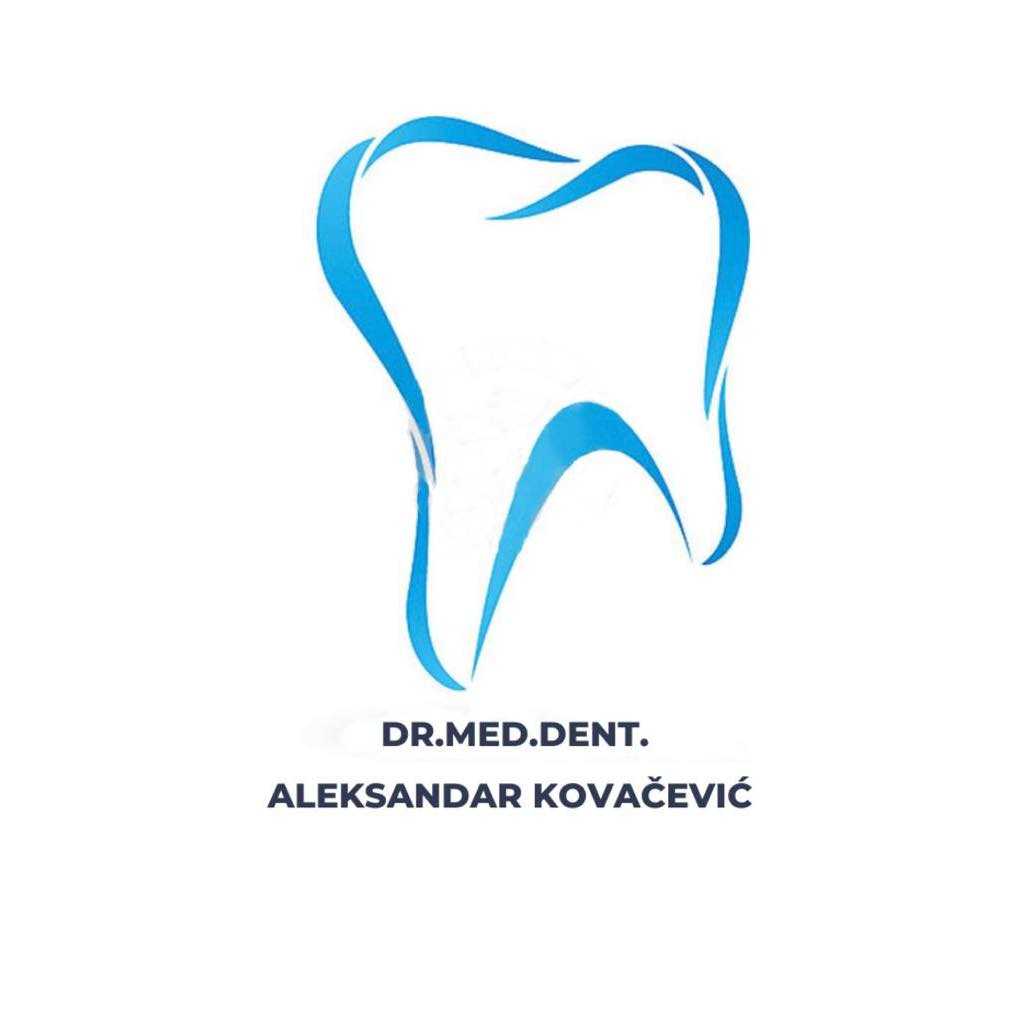

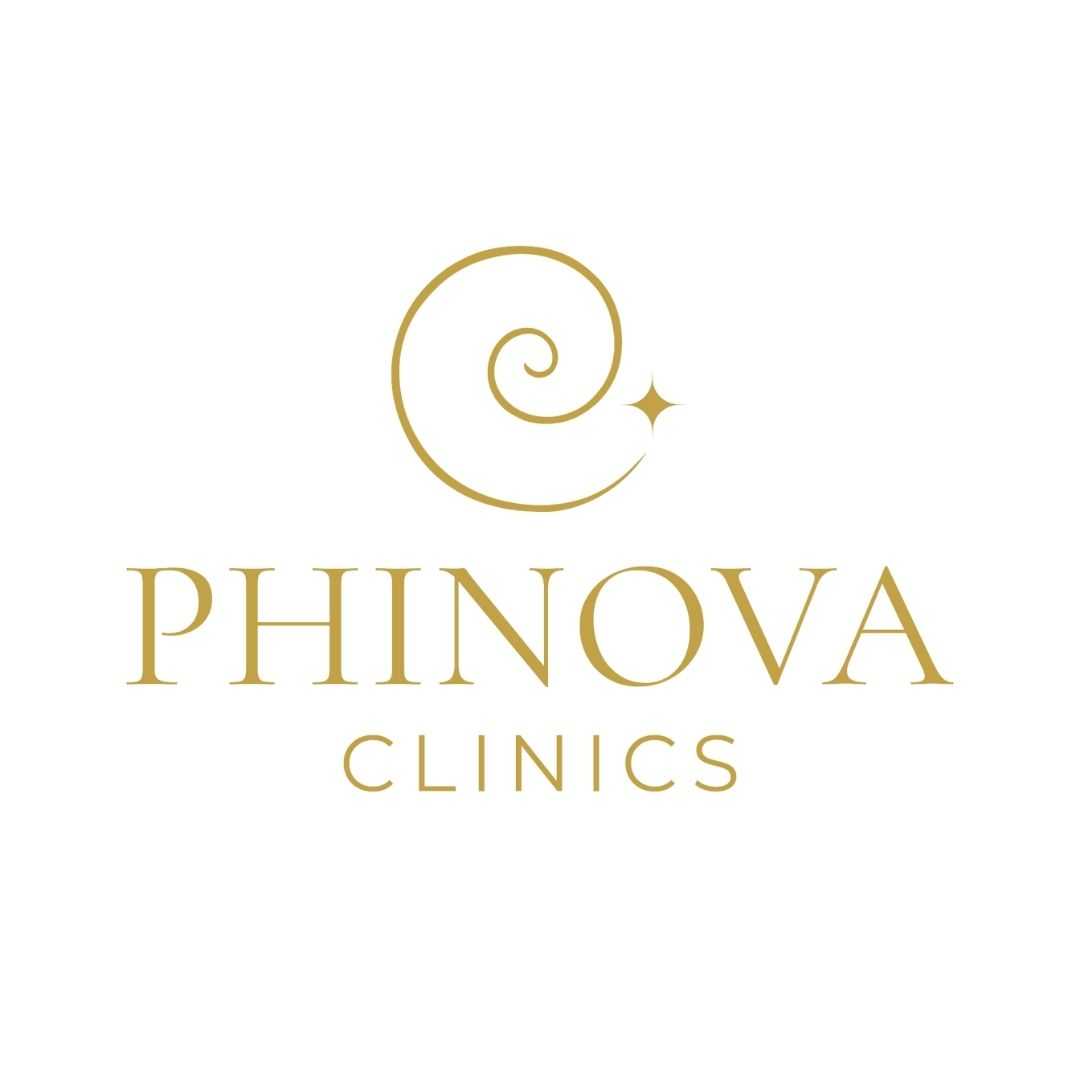

Share this listing